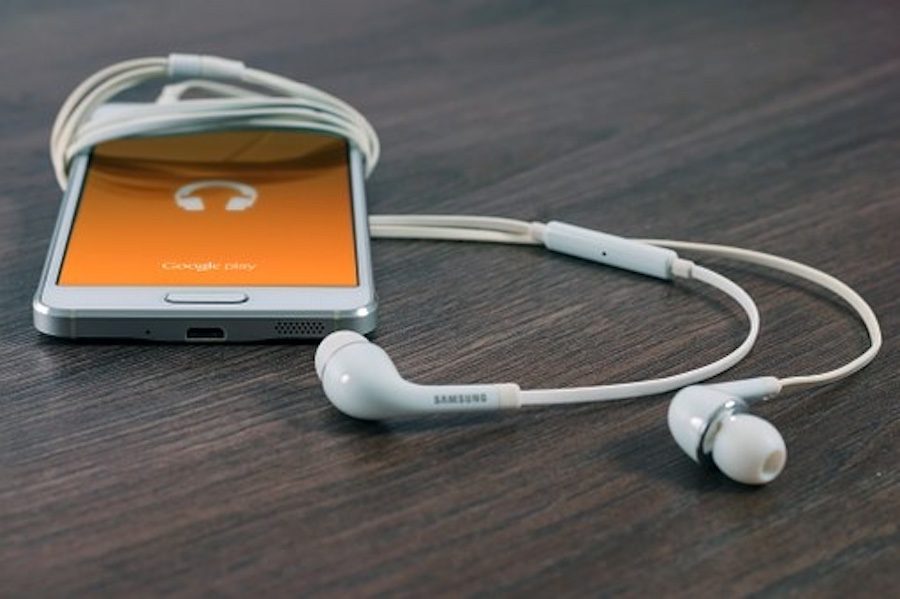What’s Your Beat?
March 6, 2017
The first music provider was the general radio that many still be used today, however, as music began coming in small, portable forms, it evolved. Now thousands of songs are carried in every phone whether it be downloaded or in the form of an app. Such apps include Pandora, Spotify, Soundcloud, Apple Music, and many more. However, what makes one provider more desirable than the other? Why has Pandora begun to fizzle out of popularity?
Pandora Radio had undeniably begun to die out of pop culture because of its restrictive and overly simplistic structure compared to other providers. When it was released in 2005, loyal fans took an instant liking to the convenient pocket radio that was an easy way to discover new music. But in modern culture, that is exactly the problem. Pandora only allows listeners to access a radio, leaving no control for the listener to chose their preferred song, aside from skips. It has failed to evolve with new music providers such as Spotify and Soundcloud, both of which features an on-demand program. While Pandora sticks with its list of radios, apps like Spotify give listeners the choice to create their own playlists, browse new genres, and start radios.
Pandora Pros: Effective algorithms make for good song predictions, large catalog, simple
Pandora Cons: Lacks expansive choices, restrictive, advertisements too frequent
Spotify Pros: Works on all platforms, extensive uses, simple, large spans of time between advertisements, large catalog
Spotify Cons: Limits to free sign-up plan
Soundcloud Pros: Can upload one’s own audio, works like social media (can share music and hold private audio messages), no limits to file sizes, extensive uses
Soundcloud Cons: No editing tools, limits to free sign-up plan
Apple Music Pros: Extensive use, large catalog, available on Android, free trial, offline listening
Apple Music Cons: no free plan/must subscribe and pay, overly complicated, less platforms than other providers


